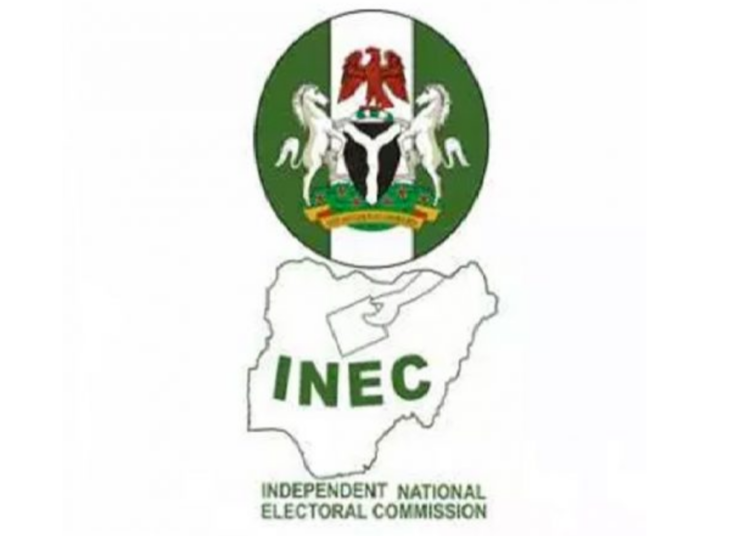As part of efforts to strengthen election planning, management, and administration through the deployment of technology applications, DAI on Tuesday organised a workshop for staff of the Independent National Electoral Commission (INEC).
The workshop which was held in Abuja, provided a platform for staff of INEC, applications developers (contractors), and DAI, to gather feedback on the experiences of the Commission in its engagement, deployment, and implementation of the applications.
It would be recalled that on August 10, 2023, INEC took delivery of six innovative technology tools to enhance operational efficiency and improve the accuracy of the election results management processes, from DAI. DAI provides support to INEC under the European Union Support to Democratic Governance in Nigeria (EU-SDGN) Programme phase two.
The applications include the Election Results Management System (ERMS), Parties Financial Reporting and Audit System (PFRAS), Integration of the INECPRES and the OMIS database, GPS capturing coordinates of polling units, Collation and Returning Officers Management System (CROMS), Election Monitoring and Support Centre (EMSC) dashboard, and the Virtual Election Training System (VETS).
Speaking during the workshop, Rudolf Elbling, Team Leader, DAI, stated that the provision of election technologies is one of many areas that DAI, through funding from the EU, is supporting INEC.
He said, “About two years ago, we started developing 7 election management tools which are targetet to assist INEC in crucial areas like e.g. Campaign Finance Reporting and auditing, Recruitments of Ad Hoc staff, staff training and others.
“We are talking about 7 different election management tools. There is the EMSC, polling unit mapping, virtual election training system, and others. The virtual election training system, for example, is a big and powerful system to provide training to different categories of INEC staff, both core and ad hoc staff.”
Stating that the utilisation and deployment of these election management tools would be a massive leap forward for INEC, Elbling added, “We must not forget that training consumes a very large part of the election budget, which is around 20 percent. It is expensive and logistically difficult to do. Therefore, in the case of the virtual election training system, having all these online, with very good modules, will be a leap forward in several aspects, and that is what we are working on.”
Explaining how the applications, particularly the EMSC, will enable INEC to monitor electoral processes and activities, Samson Fadare, EMSC Consultant to INEC, stated that the application will detect the status of readiness for elections, and will ensure the early detection of threat risks and a general assessment of performance of electoral activities.
“Electoral processes and activities are activities including strategic plan, electoral project plan, and the implementation of tactical activities, which have been scheduled under this broad plan. Then, you narrow it down to activities that have to do with political parties campaigns and others.
“EMSC also deals with the internal operations of INEC like tracking compliance to the processes internally. It also tracks the delivery of materials to the various locations, management of personnel which has to do with the recruitment of personnel, and ensuring that adequate numbers of personnel are recruited across all the categories. It also tracks important field activities like opening of polls on election day, collation centre activities, and others,” he said.
Describing the EMSC as a monitoring and evaluation framework, Fadare added, “In the EMSC framework, we also have what we call the green zone, amber zone, and the red zone. These are timelines for tracking some specific electoral activities to help to understand how well the activities are being implemented, and to identify challenges way ahead before elections.
“Overall, technology is playing a very critical role in election management. Over time, INEC has continued to build new systems, and relied on these systems to manage electoral processes and implementation of activities.”
Emem Umoren, Deputy Director, Electoral Operations, INEC, who was a participant at the workshop, added, “We have some by-elections in January next year, and we are hoping to implement most of these projects (applications). For example, the GPS polling units coordinate system has already been in use; we used them during the Edo and Ondo governorship elections. They were very useful. We are very grateful to DAI for this support, and we look forward to doing bigger things with them.”











